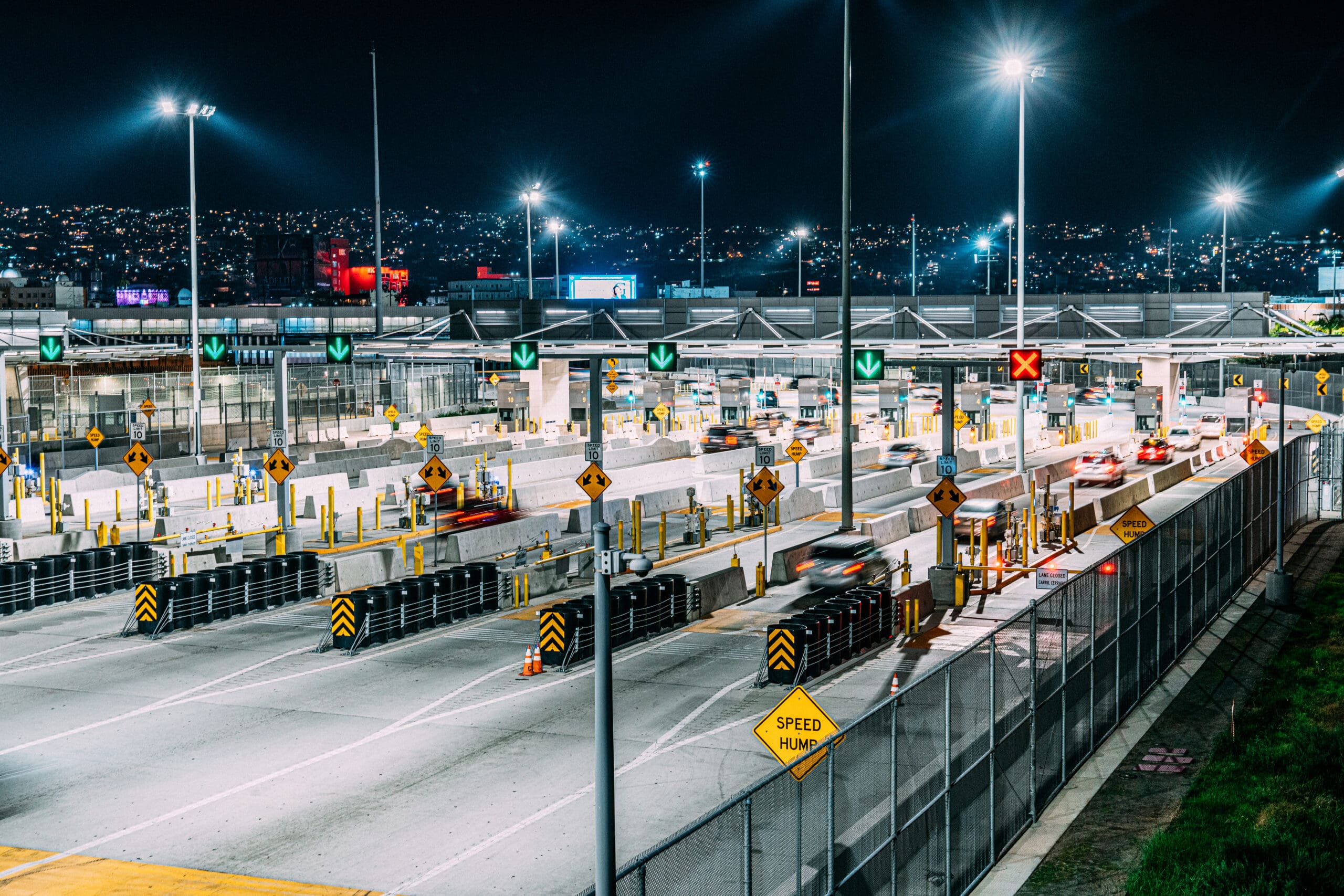Canada’s appalling work safety record among the world’s worst
Every time a police officer is killed by a criminal, it makes front-page news. The funeral is attended by law enforcement officers from across the country. The bravery of the slain crime-fighter is lauded in newspaper editorials, and condolences for the family pour in from government and business leaders.
These tributes are well-deserved. The police protect us from evil-doers. It is only fitting that, when one of them is killed while in our service, they should be publicly acclaimed and their sacrifice recognized. We want their slayers to be hunted down and severely punished.
Unfortunately, not all victims of crime are so appropriately honoured, nor do their deaths or serious injuries–far more numerous than those of police–draw the same outpouring of sympathy. There is no public outcry that their assailants be arrested and sentenced to long prison terms. On the contrary, because the carnage occurs in Canada’s factories and offices, mines and forests, it is shrugged off as an unavoidable cost of doing business. If anyone is blamed, it is the victims themselves, because they were “careless” or “reckless.” Their high-salaried and well-dressed managers could surely never be held responsible, much less the chief executives and big investors in their far-away offices and country estates.
It would be an exaggeration to say that Canada’s CEOs and investors are the “contract killers” of the more than 1,000 Canadian workers who die annually from job-related “accidents”–or for the approximately one million Canadian workers who are injured (many permanently disabled) on the job every year. But it would be equally absurd to argue that the owners and bosses are completely blameless. To the extent that much–perhaps most–of this horrific toll can be traced to unsafe workplace equipment, conditions or practices, the owners and bosses surely should be held accountable.
A recent study by the Centre for the Study of Living Standards found that Canada has one of the worst workplace safety records in the industrialized world. It’s so bad that the odds of being killed on the job in Canada are greater than in any of the other 16 OECD countries except Italy. The annual incidence of workplace fatalities in this country is an appalling seven for every 100,000 workers. Projected over a workforce of around 15 million, that translates into around 1,050 fatalities a year, or an average of three every day!
The loss of each of these lives, and the grief and deprivation suffered by their families, are no less devastating than those inflicted on slain police officers and their kin. And yet these much more frequent deaths in our workplaces cause no public concern, and their funerals go unnoticed.
The same indifference prevails to the roughly one million workplace injuries that occur every year in Canada–one for every nine seconds of time worked. Many thousands of these injuries put workers in beds or wheelchairs for the rest of their lives. Right now, more than 100,000 Canadians are receiving workers’ compensation board pensions because they were permanently disabled while at work.
Then there are the uncounted–perhaps uncountable– deaths and disabilities caused by exposure to harmful substances in the workplace. The long, lingering deaths suffered by coal miners from inhaling coal dust (“black-lung” disease) and by workers in asbestos mines and factories (asbestosis) are well known. But the long-term effects of exposure to other metals and toxic chemicals are difficult to attribute conclusively to the victims’ occupations, so their employers usually can avoid taking any blame. Dr. Allen Kraut of Winnipeg’s Occupational Health Centre, who has done one of the most comprehensive studies on this issue in Canada, estimates that between 3,000 and 6,000 Canadians die from occupational diseases every year.
To put it mildly, the carnage in Canada’s workplaces is a national disgrace. Many of our industries neglect safety training, skimp on safety equipment, and fail to inform workers of the potential dangers of new chemicals. In the fiercely competitive world of globalization, corporate executives find it cheaper to cut corners on safety than to spend more on protective devices, methods, and training.
Our governments, too, have given on-the-job safety a low priority. Oh, yes, they’ve beefed up work safety rules, even giving workers the right to refuse dangerous work, the right to sit on industrial health and safety committees–even the right to know about the dangers of any material they are obliged to work with. But no law is effective without regular inspection and enforcement, and on that score our governments have fallen abysmally short. Employers know they can flout the rules with hardly any chance of being caught, and know too that, on the rare occasions when they are found guilty (usually of no more than negligence), they’ll be let off with relatively small fines. They have no incentive to invest more in workers’ safety, no deterrent to maintaining their cavalier profits-before-personnel policy.
The principal victims of this corporate crime wave are the killed and injured workers and their families, but another major casualty is the country’s health care system itself. The direct costs–the medical and hospital expenses–total more than $1.5 billion a year. On any given day, 1,400 hospital beds across the country are occupied by injured workers.
In Britain, occupational deaths and injuries are less than one-seventh as numerous as they are in Canada, and the rates are almost as low in the Scandinavian countries and Germany. Even in the United States, on a per capita basis, the toll is only a little more than half the Canadian rate.
So our employers and governments could save many thousands of workers’ lives and health if they had the inclination–and decency–to do so.
But they don’t.
(Ed Finn is the CCPA’s Senior Editor. He can be reached at [email protected])


